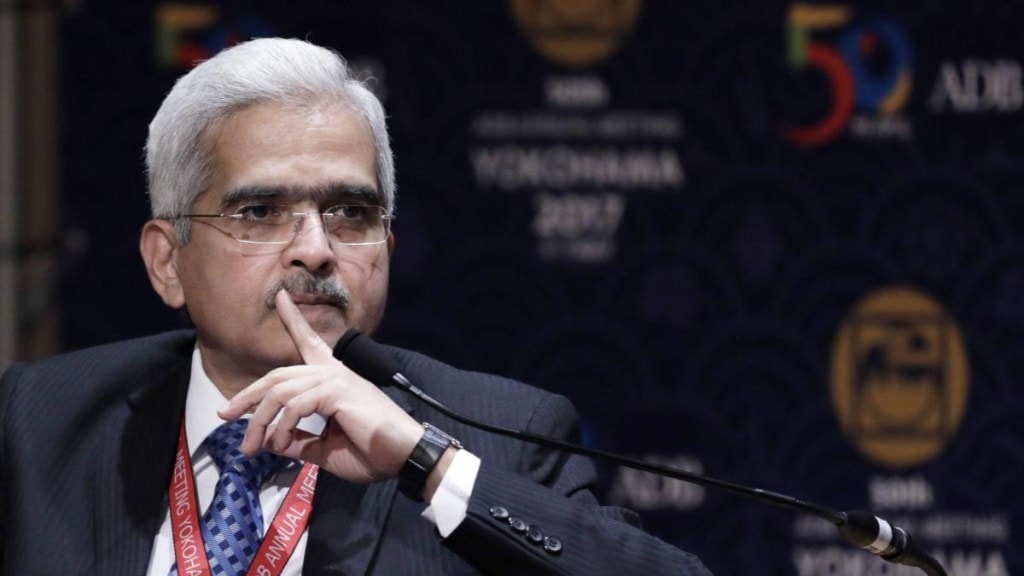Reserve Bank of India (RBI) governor Shaktikanta Das on Wednesday strongly defended the action against Paytm Payments Bank. Das said he failed to understand the narrative that the banking regulator was killing the fintech sector when the restrictions were essentially against the business operations of a bank.
Bullish on the country’s growth prospects, Das said the real GDP growth will likely exceed government’s new estimate of 7.6% for FY24 and move closer to 8%.
Dispelling doubts that the RBI was being unduly harsh on fintechs, in an interview to ET Now, Das said, “The action was against a regulated entity (RE). In this case, it is a payments bank and not against any fintech company. I fail to understand and do not see any reason why a narrative was building up, or was built up, as if RBI has taken some measures against fintech companies.” He added that the RBI does not regulate fintech companies unless they are NBFCs.
On January 31, the RBI imposed various business restrictions on Paytm Payments Bank, including a ban on accepting fresh deposits and undertaking credit transactions after February 29, which was later extended to March 15.
However, it received a lot of criticism from fintech players who saw the action as an attempt to stifle the industry. Several startup founders said the RBI is being “too stringent” with the new-age companies. And some even implored the government to step in as they felt that the banking regulator’s moves against fintechs will kill the sector.
Das said the RBI is supportive of the fintech sector and has taken several steps for its growth. This included creation of a new digital innovation hub, a fintech department within the RBI, a framework for sandbox testing and is also moving towards the formation of a self-regulatory organisation (SRO).
“In a regulated environment, there are rules of the game. You must follow rules of the game. If you want to drive a new fashionable car on the road, you must follow traffic rules, you cannot say I am the owner of a new car and traffic rules do not apply to us, but they are for everyone,” he added.
He also explained that since there are many, including children, elderly and other vehicles, using the same road, it is the responsibility of the traffic police to ensure that there are no accidents. “RBI is similarly placed as a regulator, which is entrusted with responsibility of regulating a large part of the financial sector. Our endeavour is to ensure there are no major accidents,” he said.
Das also said that the March 15 deadline for Paytm Payments Bank is sufficient, and there is no need for further extension. About 80-85% of Paytm wallets are linked to other banks, and the remaining 15% have been advised to move to other banks, he said.
Further, the governor also said that the growth momentum of Indian economy remains robust, based on high-frequency indicators. While urban demand and investment activity have been strong, the rural demand is also showing signs of revival. Factors such as higher credit growth, demand for two-wheeler and tractors and slowing demand for government-run labour employment scheme also portray the strength of Indian economy.
He also added that things were looking up after a long time. “From the time of the collapse of IL&FS, followed by the Covid and many other external developments, the economy went through a very turbulent period. In quite a while, over a period of time, over a period of years, the confluence of factors that we have today is perhaps one of the best,” he said.
On inflation, he said that while it looks as if the ‘elephant’ has gone for a walk, it can come back any time due to a couple of major uncertainties such as geopolitical situation and supply chain challenges.
